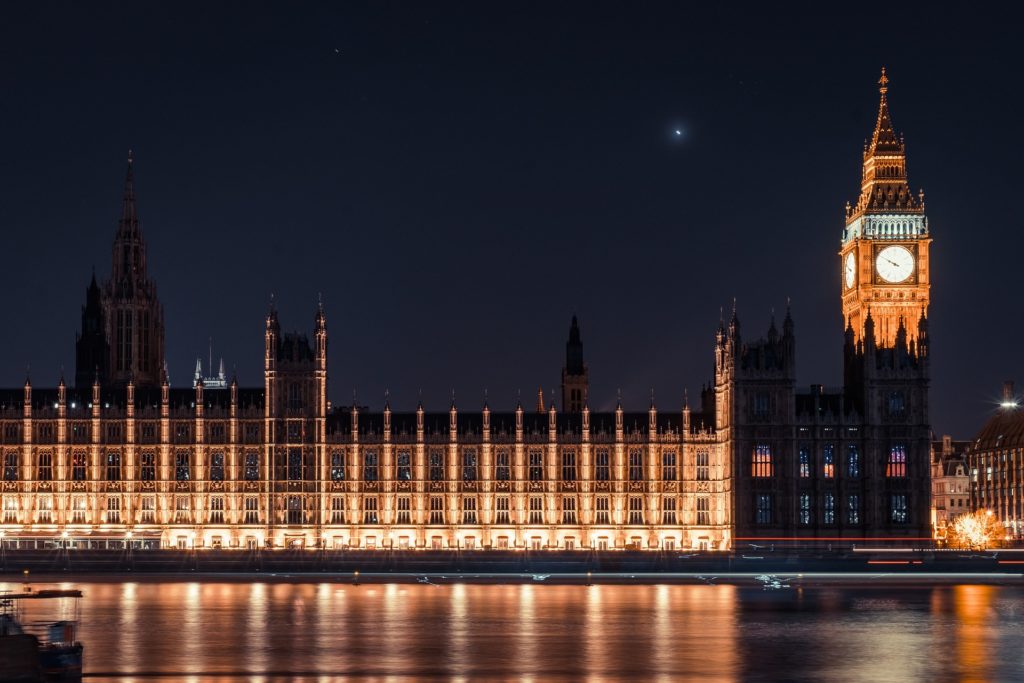Fair Pay/Play in the UK Voice-Over Industries:
The First Independent Legal Survey of UK Voice-Over Artists
Analysis & Comment
By Chas Rowe

Pennies for thoughts: 200+ voice-over artists answered the first ever survey about pay, contracts and legal rights. Photo: Anthony
Introduction
On 18th July 2019, the University of Exeter’s Centre for Science, Culture and the Law published the findings of the first independent, ”focused study” of voice-over artists working in the UK voice-over industry.
More than 200 full and part-time voice-over artists and voice actors took part in the anonymous survey, which was available from 4th March to 1st April 2019 and was promoted organically through various social media channels.
Initial results were later shared in a roundtable discussion in London on 22nd May. Along with Exeter Law School researchers, representatives from Equity, the World Intellectual Property Organisation, UK Intellectual Property Office, voice-over artists and other industry figures attended.
A number of online voice-over marketplaces were also invited, but either declined to attend or didn’t respond.
The study’s main aims were to discover the extent to which UK intellectual property laws are applied, and relied upon, by individuals and companies who buy and sell professional voice-over performances, and also the extent to which artists understand and assert their legal rights, when exchanging their intellectual property (the recordings of their performances) for payment.
Key Findings: Highs
The study highlights some positives for voiceover artists who make their living using their voices.
It speaks up for voiceover artists’ ”critical role… in the creative economy”, contributing to ”an impressive range of cultural, communication and entertainment sectors” (32, according to the researchers), and how traditional voiceover agents are viewed as being ”particularly knowledgeable”.

Air grabs for agents. The survey showed traditional voice-over agents rate highly among voice-over artists. Photo: Bruce Mars
Key Findings: Lows
However, the research also outlines a number of negatives, revealing that:
- Voice-overs perceive online marketplaces (so-called P2P or pay-to-play sites) ”very negatively”, describing them as “poor value”, “exploitative”, “unfair” and “low quality”. Yet around 6 out of 10 artists are still members, and just half claim to generate only a quarter of paid work via such platforms
- Around 4 out of 10 artists are actually ”familiar with intellectual property rights”
- Just over half (57.3%) know about ”performers’ rights”
- Less than half (46%) mention their legal rights when negotiating contracts
- An even smaller proportion (29.7%) know the difference between assigning and licensing intellectual property rights
- Around a quarter (26.8%) of voice-overs have heard of ”equitable remuneration rights”
- An ”overwhelming majority of voice-overs (82.8%)” have never heard of the Copyright Tribunal
- Just over 1 in 10 artists (13%) say they refer clients to their business terms and conditions on their website
- Only 13% of voice-overs consider themselves ”well represented” by the performers’ union, Equity

It’s a sad, sad situation. The inaugural UK voice-over survey raised a number of points of concern. Photo: Pixabay
Cause For Concern
For an industry that contributes widely to the cultural output of the UK and to the world, these are all concerning statistics.
They also raise important questions, such as:
- Why do some voice-over artists waste time and money on disreputable P2P sites, which reward unhappy members with only a quarter of their income?
- Why aren’t voice-over artists educated on their legal rights?
- Why don’t voice-over artists ask about, or research, their legal rights?
- What are unions, performing arts institutions, professional voice-over mentors, coaching businesses and networks doing to educate voice-over artists about their legal rights?
- What is the legal community doing to reach out and help the voice-over community close the knowledge gap?
- Why do such a minority of voice-over artists have published terms and conditions?
- Why do roughly 9 out of 10 artists feel that their union, Equity, does not properly represent them?
These questions are even more concerning, when measured against the chilling conclusion of the study, which states that:
”online peer-to-peer recruitment platforms defeat the framework of intellectual property (copyright and performers’ rights) on a global scale…. circumventing measures… to ensure equitable remuneration [i.e. fair payment] for protected artists.”
This would appear to mean that some P2P voice-over sites may be a) attempting to get around intellectual property law and b) attempting to deny performers their legal rights to fair pay for the commercial use of their intellectual property.
It should be noted here that the University of Exeter Law School will publish its next report (on the issue of voice-over P2P sites’ terms and conditions) in January, 2020.

Good seed makes a good crop. The UK voice-over survey could lead to better business practices. Photo: Akil Mazumder
Opportunities for Growth
They could use the free consultancy provided by this research to raise standards, by improving their terms and conditions (in some cases, actually writing some), educating users on intellectual property and equitable remuneration rights, and banning the blanket assignment of all rights for little financial reward, or for no good reason.
As intermediaries, they could take more responsibility to broker work by treating both parties as equals, instead of currently playing up to hirers looking for cheap labour, some of whom will be using these sites as intermediaries themselves, enabling them to take a bigger slice of their clients’ budgets while simultaneously, grossly profiting from the underspend.
If these online marketplaces don’t level the playing field and begin operating in the spirit of the law, then it is surely up to unions (Equity) and the UK government (including the Attorney General, the Department for Digital, Culture, Media and Sport, its committee of MPs, and the Culture Secretary) to step in.
These platforms, if they refuse, should be required to publicly account for their conduct.

Online platforms’ apparent subversion of legal rights afforded to UK voice-overs could be reported to the UK government. Photo: Free-Photos
Yet it is not only online marketplaces that should self-regulate.
As this
groundbreaking report indicates, unions (i.e. Equity) should ”defend” and ”advance” the rights of their members to tackle the ”critical lack of awareness of intellectual property rights”. By doing so, they would help soften the report’s other notable criticism: that many Equity members in the voice-over community (who answered the survey) don’t feel adequately represented.
Meanwhile, performing arts institutions also have a role to play. In the same way that trainee journalists must pass a media law exam to become qualified, shouldn’t drama schools also teach modules on contracts, business, and intellectual property law for sound recordings (including performers’ rights, equitable remuneration rights, and the functions of the Copyright Tribunal) in line with their students’ planned careers?
That’s currently a rhetorical question, but one which has been posed to the UK’s top acting schools. We now await their answers.
Conclusion
This historic first survey, which focuses on the UK voice-over industry, does much to confirm what many professionals in this arena have long suspected. The crucial point now is that this diligent work from a respected academic institution has become official evidence and a matter of public record.
The findings of this important research may turn out to be a springboard for positive change – but only if voice-over artists learn about, and assert, their legal rights, by questioning one-sided contracts, calling out dubious agreements, reporting unfair working practices, and refusing to exchange their performances (i.e. their intellectual property) for inequitable fees.
As for companies acting as intermediaries (including online marketplaces), this research should serve as a warning shot to tighten up their terms and become compliant in respect of UK law.
Failure to self-correct may inevitably result in bad press, parliamentary scrutiny, and lead to change being forced upon them.
Finally, and broadly speaking, the UK voice-over industry must do more to take responsibility for itself to ensure that its survival is sustainable.
It must now respond to this research, and if you’ll forgive the expressions, take direction and act.
Executive Summary Findings
About the author
Chas Rowe is a UK voice-over artist, writer, former radio journalist and newsreader, and an advocate for best practice in professional voice-over production and hiring.
He holds degrees in French and German, Film & Television Studies and Multimedia Journalism.
To hire Chas for your next voice-over project, or to discuss syndication of this article, please email: [email protected]
© Copyright Chas Rowe 2019







